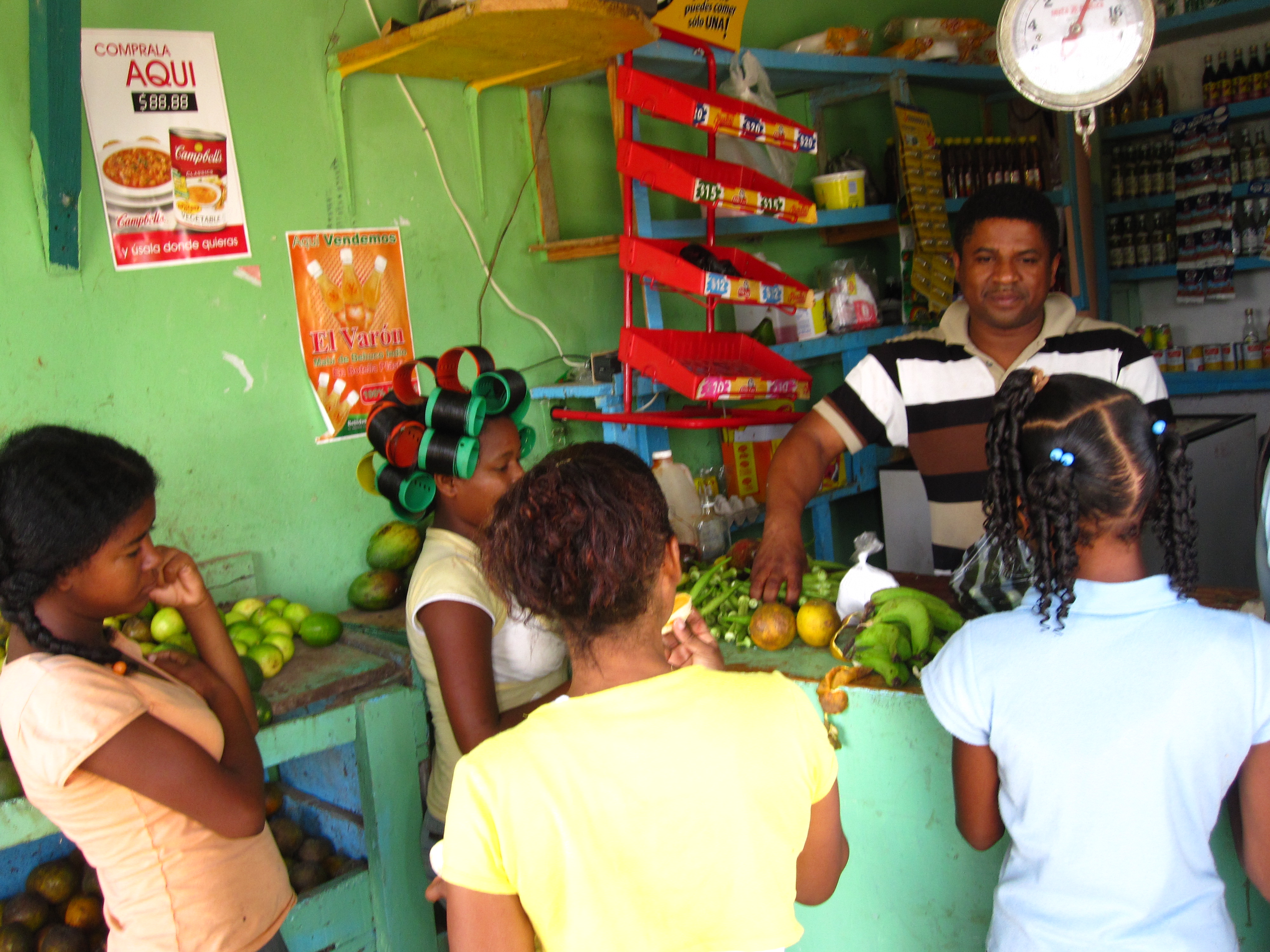In part one of this series, Aaron shared that his home church had traveled to the Dominican Republic to answer three questions about microfinance: Does group solidarity really work in the repayment process? How are the spiritual needs of the individuals addressed? How can we impact our local community using the principles of microfinance? This week, Aaron continues to describe the community bank repayment meeting they attended.

Maybe sometimes the Lord just plans it out like this, but in our second loan meeting of the day, located in Hato Mayor, a member was missing from one of the solidarity groups, and so, consequently, was her biweekly repayment. Some of the American bankers in the group perked up at the announcement with eager anticipation to see the dynamics of group solidarity play out. The loan officer, Carmen, announced the situation to the entire bank and prayed:
We pray, Lord, that you would help our sister with the difficulties in her family, with the difficulties in her business, and we pray that you would bless her family, that they would trust you, and that you would bless their business.
I’m not sure if you pray in your local bank, but we do here in the local Banks of HOPE, a lot. It is the responsibility of the loan officer to set the tone of the meeting and, along with the president, treasurer, and secretary of the bank, to maintain the solidarity of the community. Loan officers always encourage a daily practice of prayer when they talk to their clients.
Many of the Americans asked, “What will happen next?” Carmen responded, “Well, the bank members will go now to try to collect the money. The meeting is not finished until we get the repayment. And after that, they’ll go meet with the individual and her family and try to figure out how they can help them maintain a good standing in this loan cycle.” Built in to the structure of group solidarity is the need to communicate regularly with other members both within and outside of biweekly repayment meetings. Members depend on each other for financial, emotional, and prayerful support. When people enter into a Bank of HOPE, they enter into a community that cares about them.
How amazing it was for us, a group of believers from the States, to see this kind of community that relies on each other so deeply. How the walls of pretense and judgment fall when a need is recognized in a brother or a sister. We saw this exercised in the loan meeting we attended, and I can tell you first-hand, I have seen it countless times in my work down here with Esperanza. Christian microlending is more than a loan; it’s an extension of God’s local church at work in a community.
Guest post by Aaron Roth, HOPE fellow in the Dominican Republic. Read part 1 of Aaron’s story from last week, and be sure to check back next week for the third and final segment of this series.















